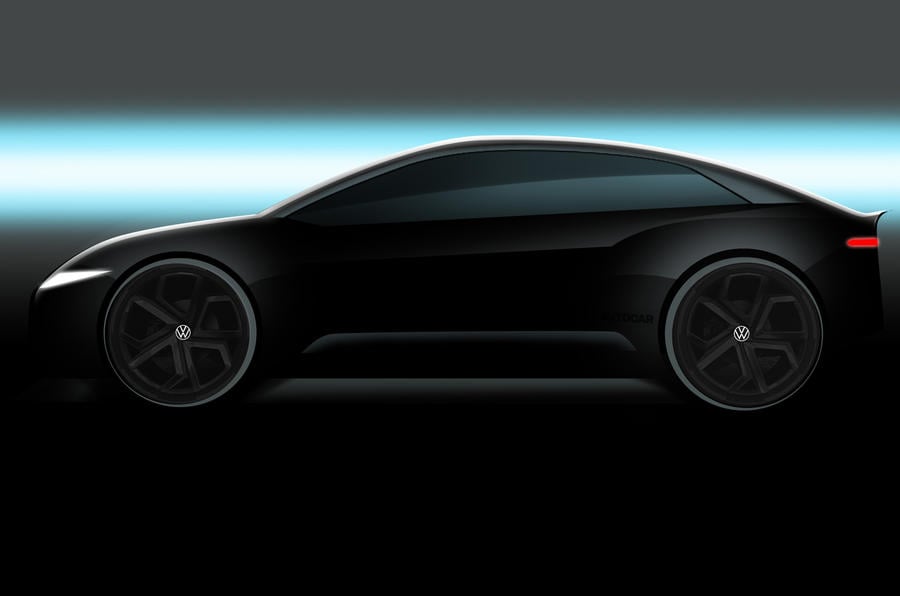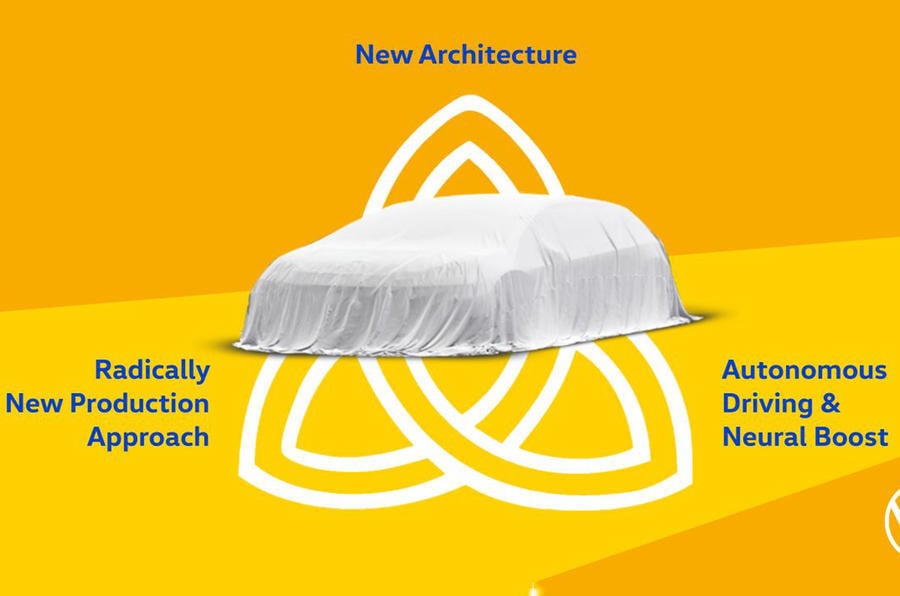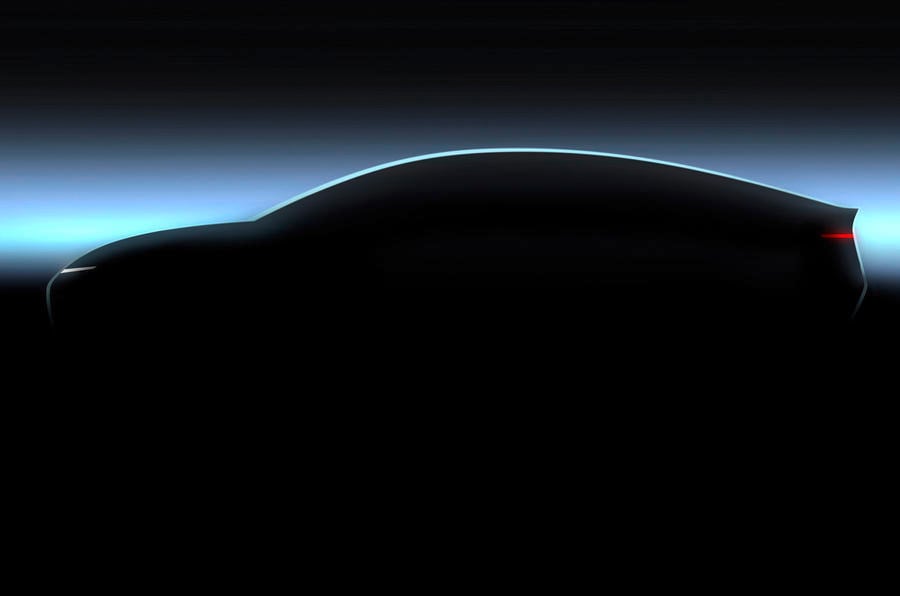Wolfsburg is readying bespoke platform for high-tech car that will ‘democratise’ autonomous driving.
Volkswagen’s new Project Trinity will arrive in 2026 as a cutting-edge EV saloon, offering autonomous driving and introducing a ‘radical’ new business model, with most functions offered as downloadable services.
The forthcoming flagship model has been described previously as a “highly efficient flat-seat concept with an iconic design,” and a new image shared by VW Group chairman Herbert Diess suggests the production car’s headline features will be previewed by a radically styled concept in the nearer future.
With a prominent glasshouse hinting at its interior-led focus, the concept is unlikely to heavily indicate the look of the first Trinity-based production car.

The sedan will be built on Wolfsburg’s advanced new Project Trinity EV architecture , which will use elements from the MEB EV platform but with new powertrains and advanced software. That will enable it to offer substantially more advanced systems, both in terms of driving technology and connectivity.
Volkswagen also plans for it to “set new standards” in terms of range and charging speed, with the ability to recharge as fast as a conventional fuel stop.
Project Trinity will launch in 2026, offering Level 2+ advanced driver assistance systems, and Volkswagen CEO Ralf Brandstätter said that would likely be upgraded to Level 4 – allowing for full autonomous driving on certain roads – by 2030.

Brandstätter described Project Trinity as “our software dream car”, saying it would introduce an entirely new business model for the firm, with a radically reduced number of variants. Buyers will be able to choose from only battery size, paint colour and wheel specification.
Owners will then be able to turn activate and deactivate certain hardware functions when required, with other features offered as over-the-air software downloads.
“We’re going to radically reduce the number of variants,” said Brandstätter. “With Trinity, the hardware is largely unified: you select battery capacity, colour and wheels and then order it on smartphone. The functions can be set as you go along: you can add features through your digital system.”
Brandstätter said that offering such functions as upgrades means that “Trinity is going to become a time machine”. The autonomous systems will benefit from the new ‘neural network’ that Volkswagen is aiming to develop from its connected cars all sharing real-time data on roads, traffic and other systems.
While no details of initial pricing have been set, Brandstätter said that Project Trinity is designed to “launch new technology in large volumes for the mainstream market”. He added: “With Trinity, Volkswagen is once again bringing the future to series-production cars.”

James Attwood




